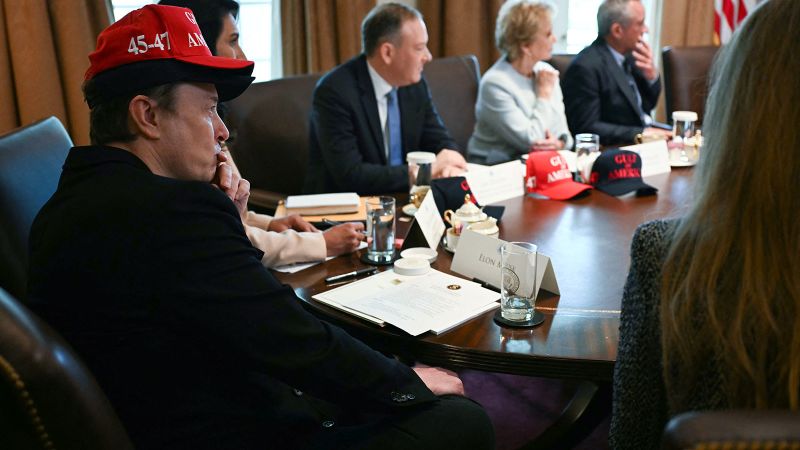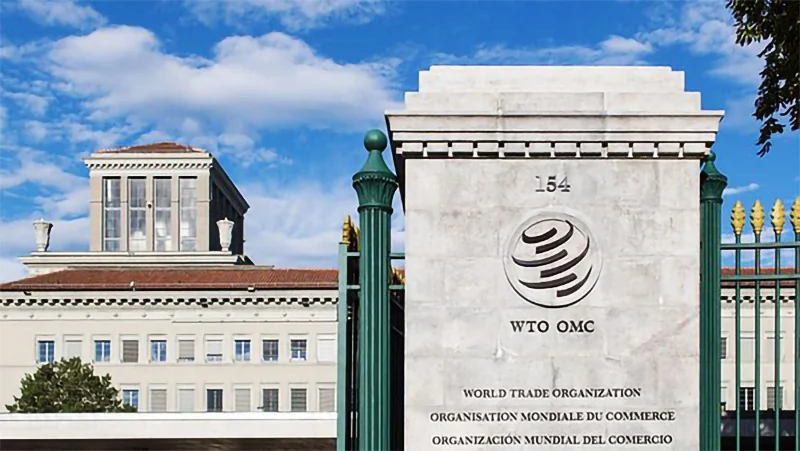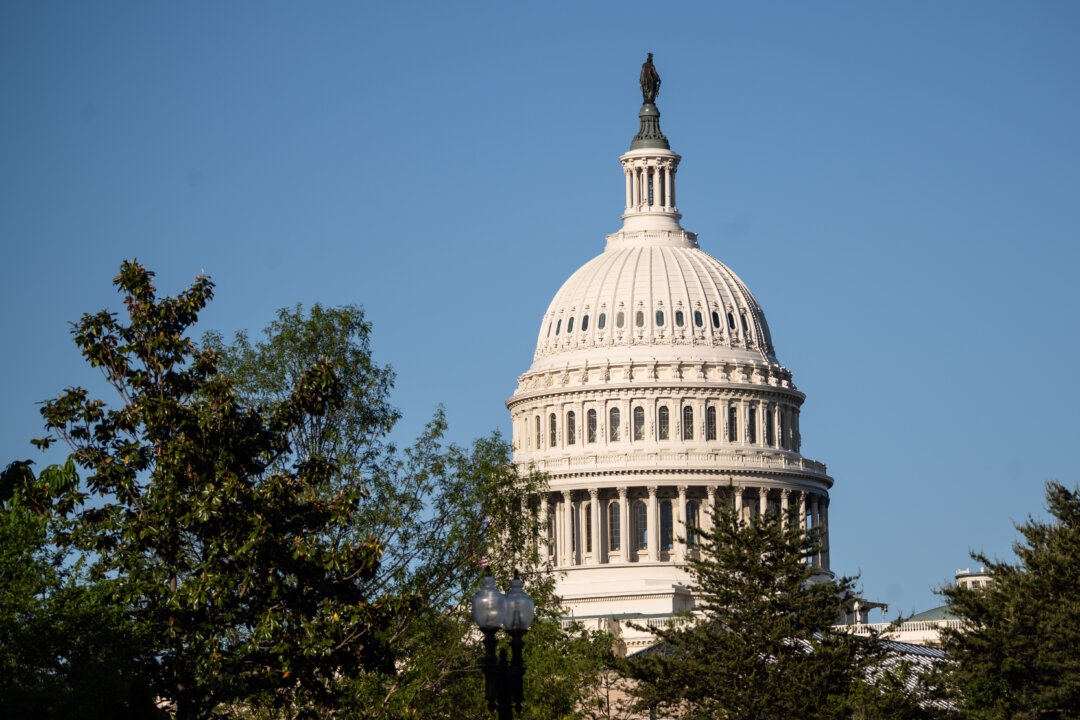Welcome back, oilpatch emissions cap. Hello, Impact Assessment Act. A Liberal victory in Monday’s federal election didn’t surprise the Canadian oil and gas sector, but the province and many industry leaders are now trying to determine precisely what it means for key energy policies opposed by the sector and Alberta.
Will Prime Minister Mark Carney significantly alter laws such as the Impact Assessment Act, which oversees major new projects, or continue down the path set by the previous Justin Trudeau government on energy and environmental issues during the past decade? “Mark Carney is the big unknown here,” oilpatch veteran Hal Kvisle said Tuesday. “Whether he can figure out a practical win-win approach toward Alberta, or whether it just evolves into ongoing warfare, that I don’t know . .

. We are going to be quite careful and cautious for the next six months.” Following his election victory Monday night, Carney reiterated he wants to “build Canada into an energy superpower in both clean and conventional energy.
” He also pledged to develop an industrial strategy and fight climate change. During the campaign, the former Bank of Canada governor spoke about advocating for energy and trade corridors . He wants to identify projects of national importance and promised a major project review office would issue decisions within two years, instead of five.
Yet, he also backed the Impact Assessment Act, known as Bill C-69, and the incoming emissions cap, making Canada the only major oil-exporting country with such a policy. RelatedEnergy industry strikes hopeful tone after Liberal federal election winPremier Danielle Smith calls on PM Mark Carney to 'reset' Ottawa-Alberta relationship The Alberta government and oilpatch see it as a limit on future production and investment. “Unless he’s willing to change his approach, it is not great for the oil and gas business,” said Bob Geddes, president of Calgary-based Ensign Energy Services, one of the country’s largest drilling firms.
“It caps any growth opportunity for Canada.” Oil and gas, the country’s largest emitting economic sector, is also Canada’s largest export. It’s a huge driver of jobs and government revenues.
Leaders with the country’s largest petroleum producers and pipeline companies issued an open letter last month , outlining their blueprint on how to get major projects built and bolster Canada’s economic sovereignty. It came amid growing concerns surrounding U.S.
President Donald Trump’s tariff threats. The letter said Canada should declare an energy crisis and move to approve new pipelines within six months of filing a regulatory application. It called for scrapping the emissions cap, recommended the Impact Assessment Act be revamped and pressed the next government to revoke the federal carbon levy on large industrial emitters, allowing provinces to “set more suitable carbon regulations.
” Whitecap Resources CEO Grant Fagerheim, who signed the letter, is disappointed Carney didn’t back all of the ideas, as the federal Conservatives did during the campaign. However, Fagerheim hopes the Liberal government will pursue co-operative federalism, with both sides demonstrating “give and take” on developing Canada’s natural resources. “Will Carney use pipelines and resources — resource development — as a unifier versus a divider?” Fagerheim said.
“This word salad stuff about we’re going to be an energy superpower . . .
how are you going to do that? You’re not going to be an energy superpower without resource development.” Carney will also face ongoing pressure from environmental groups to keep policies such as the emissions cap in place and further detail how Canada will be an energy superpower. “Carney was very careful to be vague, carefully vague, on what exactly that would look like,” said Keith Stewart, Greenpeace Canada’s senior energy strategist.
“We will definitely be advocating for a plan to phase out fossil fuels, which is what he’s been talking about (in) the past 10 years.” During the campaign, Carney — who previously served as the UN special envoy on climate action and finance — stopped the “overt negativity” to the oil and gas sector from the previous government, said Advantage Energy CEO Mike Belenkie. Yet, the reality is the emissions cap will have a chilling effect on investments in Canada, he said.
“We’ve yet to see how he will attack these challenges,” Belenkie said. “Words can be polite and supportive — it’s always going to be actions that matter.” The next few weeks will begin to set out how the industry, provincial government and Ottawa interact on the energy front.
Canadian Association of Energy Contractors president Mark Scholz said the group’s top priorities for the next government are expanding Canada’s energy infrastructure, eliminating the emissions cap and the contentious truth-in-advertising provisions in Bill C-59, and accelerating Indigenous ownership in energy projects. “The selection of the cabinet is going to be very telling,” Scholz added. “There needs to be new faces and an indication of a new vision for the country under his leadership.
” There should be a focus by the government on bolstering Canada’s energy security and improving market access for oil and gas, although the industry will need to see “small wins” before it makes investments in major energy projects, said Richard Masson, former CEO of the Alberta Petroleum Marketing Commission. “There has been a significant shift towards trying to rejuvenate Canada’s economy and that was what Carney ran on,” said Masson, an executive fellow at the University of Calgary’s School of Public Policy. “Hopefully, that’s the basis for the changes we need to start seeing.
” The Canadian oil and gas sector is feeling “apprehension and, to a certain degree, disappointment” with the election results, said Kvisle. As the former CEO of TransCanada Corp., Kvisle knows the prime minister from Carney’s time as a banker at Goldman Sachs 25 years ago, saying he’s an intelligent and capable leader.
However, he’s concerned about Carney’s support for the former Trudeau government’s energy policies, his “climate agenda” and how it will affect the industry’s global competitiveness. “If we really want to overcome both the opportunities in the energy sector and the challenges posed by Donald Trump, we’ve got to get some major capital projects going, and we’ve got to get export capacity built up,” added Kvisle. “And I’m just really uncertain as to how Mark Carney’s going to approach all of that.
” Chris Varcoe is a Calgary Herald columnist. [email protected].
Politics

Varcoe: Practical approach or 'ongoing warfare': What will Carney's relationship be with Canada's energy industry?

'We've yet to see how he will attack these challenges ... Words can be polite and supportive — it's always going to be actions that matter'















